Frizzy hair needs special care and attention.
More than any other hair type, frizzy or curly hair can be confronted with the following problems 3 main types of problem bearing in mind that they can be added together.
THE PARTICULARITIES OF FRIZZY HAIR
1) It's a particularly dry hair (leading to hair that breaks easily). There are many causes: repeated cosmetic manipulation, excessive colouring, straightening irons that are too hot, shampoos that are too frequent and too aggressive, etc. To provide all the moisture that is essential to the beauty of frizzy hair, repairing and fortifying masks (such as the Baume N° 56 or the Nourishing balm N° 57) are used to penetrate deep into the keratin and restore the hair's natural defences. Balms rich in plant oils (Healing Balm N°57) will provide the moisture that devitalized hair so desperately needs. Regular application without rinsing gives optimum results on the mid-lengths and ends.
Dry hair is often the result of shampooing too frequently and inappropriately, containing foaming agents that are very harsh on frizzy hair. Chemical sulphates, parabens and other silicones weigh down the hair and end up suffocating it. The hair then becomes inexorably dehydrated. At the Centre Clauderer, we strongly recommend forget about conventional shampoos and wash frizzy or afro hair with cleansing creams (N°25 or N°26R) made up of moisturising and cleansing active ingredients, and space out the frequency of washing to maintain a constant lipid film.
Without regular external nourishment, a scalp that is already dry by nature will dehydrate even more easily. So it's important to nourish and moisturise your scalp on a daily basis, by applying plant oil-based treatments (Milk N°3R/1R/3) and use vegetable butters sparingly (too greasy), which suffocate and choke the pores of the scalp.
2) Traction alopecia The roots are weakened in this way (because they are prematurely "pushed" outwards) and no longer receive the irrigation they need. A retreat of the border is then increasingly visible. Only an in-depth treatment with sera concentrated in natural active ingredients can stimulate regrowth and strengthen roots for healthy, natural Afro hair.
3) Curls: taking care of them. Afro hair has different types of curls, with varying degrees of tightness. texture of the skincare product is just as important as the ingredients that go into it. So it's best to choose a light cream (N° 25 or N° 26R) to reshape curls without weighing them down, while others will need a more moisturizing and nourishing treatment provided by a richer texture. It's a common misconception that looking after curly hair is a complicated task. But all it takes is a few simple steps! Here's the basic routine to adopt every morning, moisturise your curly hair with a little spring water, we apply a softening cream or balm a small amount on the mid-lengths and tips and that's it.
Our beauty tip: Before going to bed, detangle your curls with your fingers and a dab of Cream or Balm to nourish them deeply. When you wake up, your curls will be softer and less likely to tangle during the day. And there's nothing better than a silk scarf or pillowcase to prevent breakage and tangles in the morning.
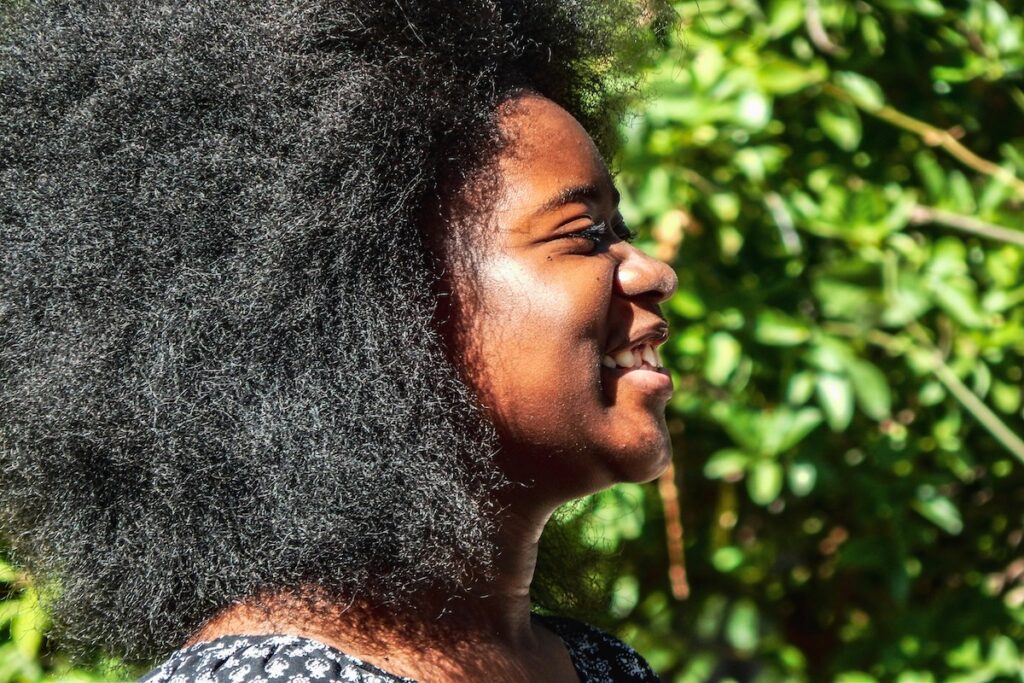
Very dry hair
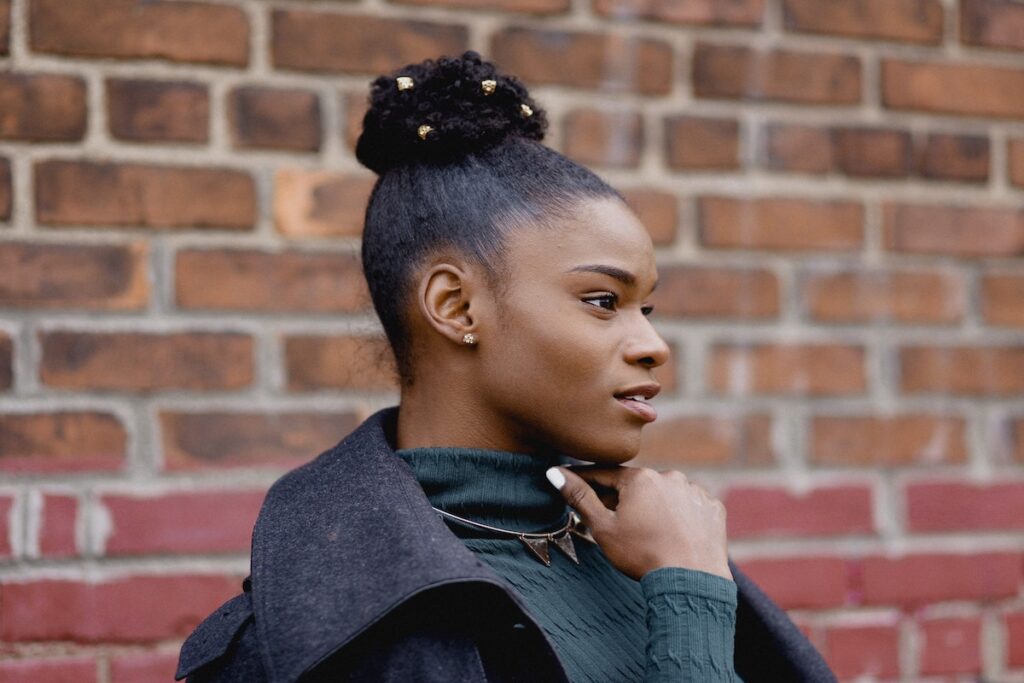
Traction alopecia
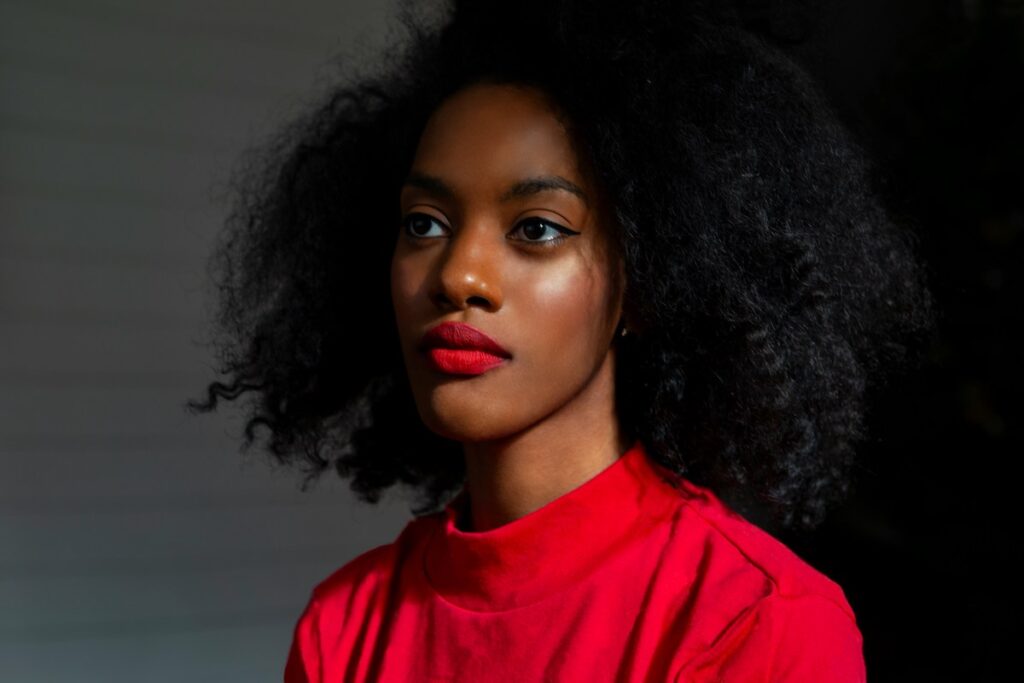
Curls are fragile
Frizzy hair: specific features you need to know about to care for it
Tips and tricks :
- Your hands are your best tools! Efficient for massaging and ideal for styling and defining your curls, whether your hair is slightly curly or very curly.
- Leave your hair to rest from time to time, letting it breathe naturally and without any special styling.
OTHER PROBLEMS
What's more, like any other hair type, afros can also be affected by :
A sensitive or irritated scalp : In the case of Afro or mixed-race hair, certain hairstyles or improper handling can upset the scalp's natural ecosystem. The build-up of residue on braids and the scalp can lead to the proliferation of bacteria, causing itching. Frequent or overly aggressive washing, repeated colouring and incorrect use of heating appliances can also upset the balance of the scalp. The scalp can also suffer a flare-up of dermatitis or other inflammatory condition (, eczema, psoriasis) leading to dandruff and/or flaking under stress, for example.
Dandruff and itchy scalp often go hand in hand. We often think we're doing the right thing and apply a vegetable oil to the scalp to nourish and soothe it. But oils only mask dry skin and don't moisturise the scalp. On the contrary, they block the pores and prevent the scalp from breathing, thus slowing down hair growth. It's better to apply a Purifying milk (N°1R, N° 3R) containing anti-inflammatory and anti-dandruff active ingredients enriched with vitamins and essential oils. To complete this routine, use a cleansing cream to keep the scalp's PH balanced.
From deficiencies, a Iron, vitamin D, Zinc, B vitamins etc... A lack of iron can lead to thinner, duller hair. A lack of vitamin D weakens the hair follicles, a Zinc deficiency accentuates premature ageing of the hair, and a B vitamin deficiency causes degeneration of the scalp cells.
Androgenetic alopecia affects all hair types and can occur in both woman andman. A local anti-hair loss treatment is recommended at the first signs of baldness to stop the process as soon as possible.
FRIZZY HAIR'S BEST FRIENDS
Vegetable butters:
- the mango butter Nourishing, it softens dry, brittle hair.
- The avocado butter Rich in vitamin E, it nourishes even the driest frizzy hair.
- The olive butter nourishes and coats hair
- The shea butter : nourishes, repairs and moisturises all hair types because it is naturally rich in vitamins A, D, E and F. This makes it ideal for dry, brittle and devitalized hair. Be careful to use the right amount to avoid weighing down the hair.
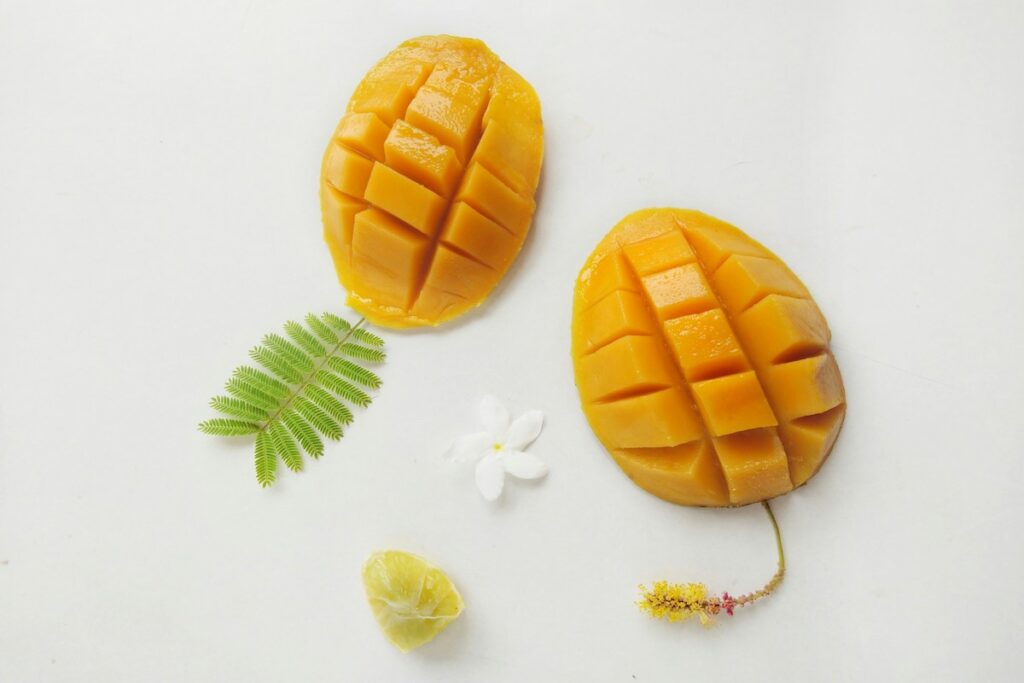
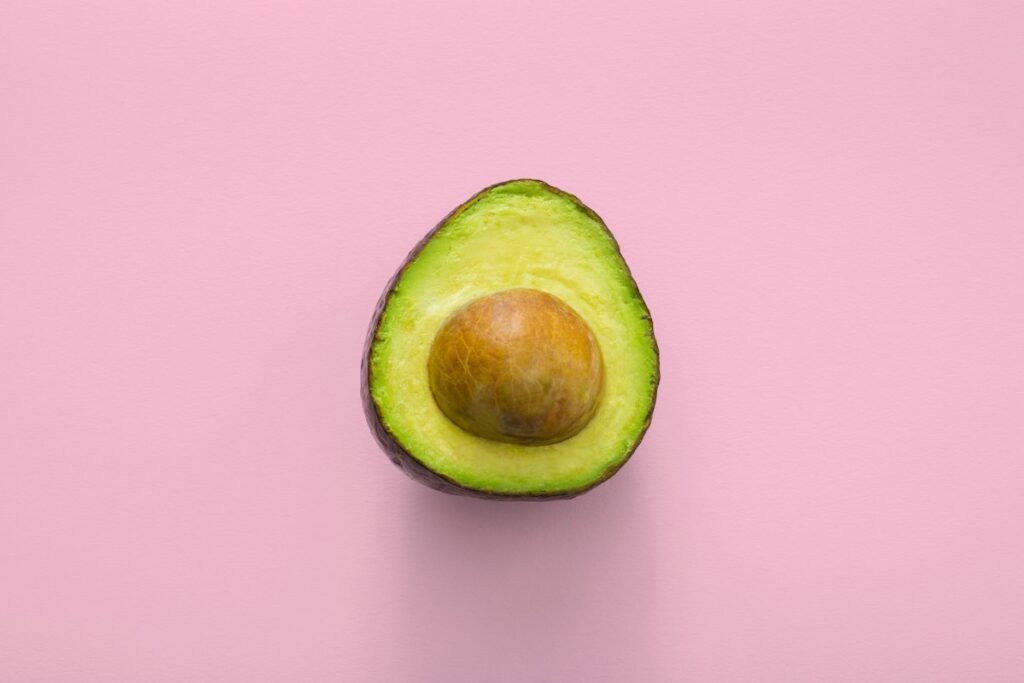
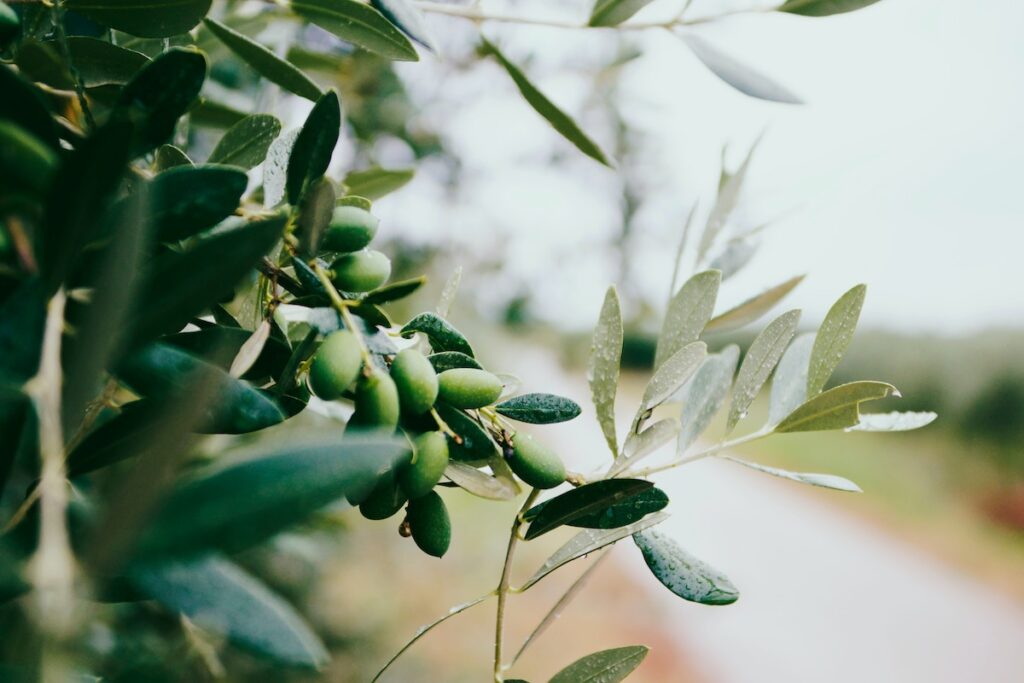
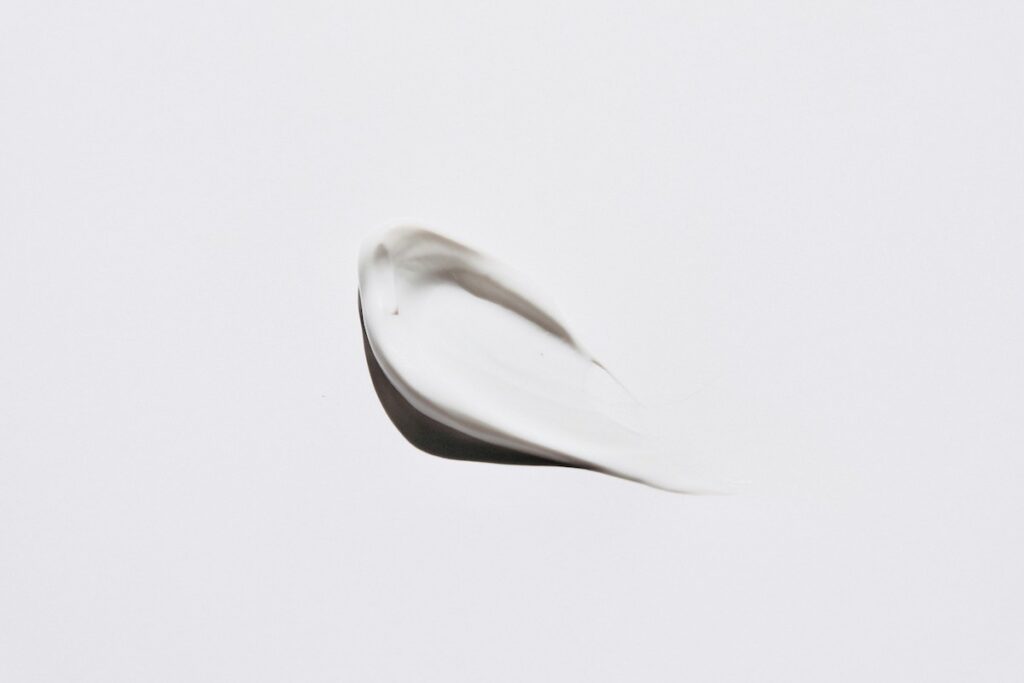
How to incorporate plant butters into your hair routine :
Depending on their texture (olive butter, for example, which becomes liquid when heated), they can be used on their own or in combination with other butters or with a ready-to-use skincare product such as the Clauderer Baume N°57 to optimise the effects and make styling easier.
If their texture is very compact (like raw shea butter), melt them slightly in a bain-marie to obtain a supple, homogenous paste that's easier to work with.
Use After moisturising the hair, to seal in the moisture, you can also take a small amount of plant butter with your finger, warm the material between the palms of your hands and apply to the entire length of the section of hair, massaging well and paying particular attention to the ends. Be careful with the amount so as not to make the hair sticky (greasy).
Vegetable oils:
- Jojoba, avocado, monoi, sweet almond and wheat germ are particularly moisturising oils and are recommended for weakened hair. An oil bath once or twice a month maximises hydration and deeply nourishes the hair. The oil helps to compensate for the lack of sebum. Apply only to the lengths to avoid suffocating the scalp. Be careful how often you apply it: too often and the hair will quickly become saturated, too infrequently and the hair will not be sufficiently hydrated. Our advice: get to know your hair and monitor its reactions so that you can adapt your routine accordingly!
Aloe vera gel:
- Aloe vera gel: ultra-moisturizing, can be used as an oil bath on the lengths to preserve moisture
THE ENEMIES OF (FRIZZY) HAIR
Sulphates: These are the tension-actives responsible for the foam produced by shampoos and shower gels, for example. Unfortunately, over time, they dry out the hair. The various types of chemical sulphates produced by the oil industry should be avoided, as they are allergenic and inhibit the scalp's natural protection. It can also be the cause of dandruff, as it irritates and stresses the scalp.
BUT BE CAREFUL : is often misunderstood.sulphateSulphates are also known as "sulphates" and any product containing them is rejected. Chemical sulphates such as Sodium Laureth Sulphate should not be confused with ECOCERT-approved Ammonium Lauryl Sulfate or Sodium Lauryl Sulfate, which produce the same effects without the same drawbacks, especially as the quantities used in a finished product are generally very small and well below the permitted values.
So beware of the easy shortcuts taken by some apps and other commentators, who often just skim over the subject.
Mineral oils : It's a petroleum derivative that forms a plastic barrier on the hair, preventing it from being properly hydrated. Mineral oil and petroleum jelly are good examples.
Mineral oils give a false sensation of hydration and only grease the hair instead of nourishing it, so they provide absolutely no benefit. They are generally found in balms (for hair, body and lips). They are fatty substances of fossil origin, colourless and without any active ingredients. They are often used in cosmetics because they are cheap, as they are usually derived from oil industry waste.
Hard water : To restore the hair's pH balance, add a little cider vinegar to the last rinse.
The cold, the wind : Cold weather dries out frizzy hair, and wind reinforces dehydration, which is why protective hairstyles are so useful, especially in winter.

Protecting yourself against the elements, winter...
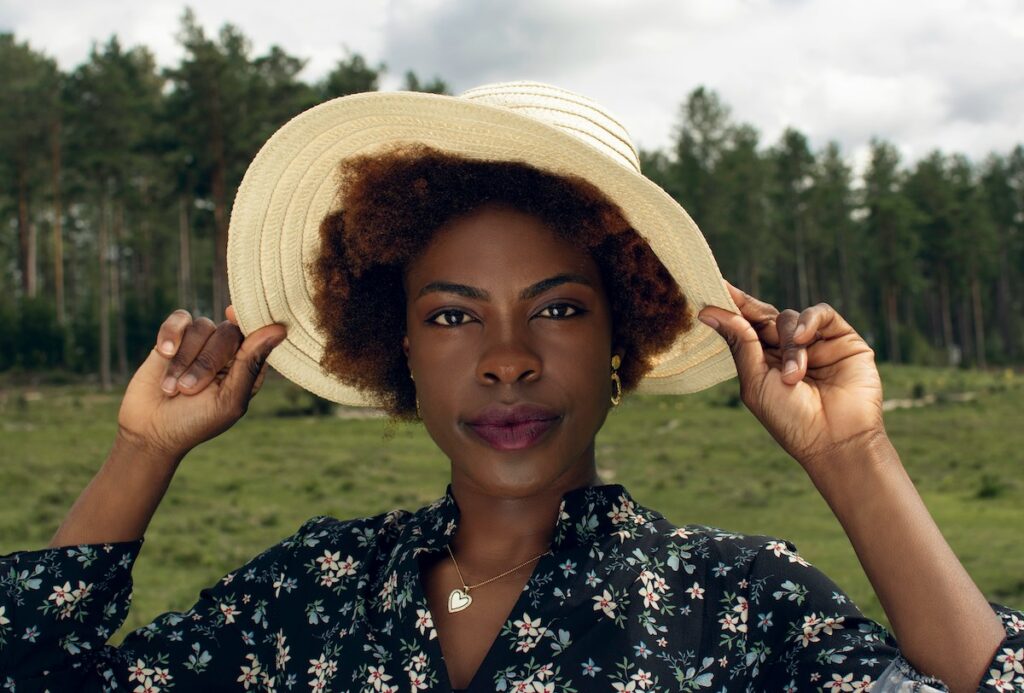
...like summer!
Any source of heat : The sun's ultraviolet rays damage the scales of the hair, causing it to lose its natural protection. What's more, these rays alter the pH of the scalp, which can lead to dandruff. Hairdryers, straightening irons and blower brushes are styling appliances that also directly attack the cuticle by damaging the hair scales, especially if the appliance is less than 15-20 cm from the hair and set at a high temperature.
Our expert advice on how to care for frizzy hair at home:
Easy to make, here are a few home recipes to maintain the the natural beauty of your Afro hair :
Honey and egg yolk mask
Honey and egg yolk are two great classics that are often used in hair care products. Honey has great moisturising properties and egg yolk is rich in protein.
- Whisk 1 egg yolk, then add one or two tablespoons of liquid honey.
- Mix the mixture until it's a smooth paste. If you have dull hair, you can add the juice of half a lemon to add shine.
- Apply to hair for 15 minutes, then rinse with a mild shampoo.
- Frequency: 2 to 3 times a month
Rum mask
Mix:
- 1 egg yolk
- 2 tablespoons olive oil
- 2 tablespoons lemon juice
- 1 tablespoon rum
- Apply the preparation to the hair and wrap it in a hairnet or bun to allow the product to penetrate, then wait 5 to 10 minutes and rinse.
- Frequency: 1 to 2 times a month maximum to avoid weighing hair down.
Banana and avocado mask
Bananas are rich in carbohydrates, vitamins, potassium and magnesium. Thanks to these ingredients, it protects the hair and closes its scales, making it more supple.
Avocado, bursting with vitamins and trace elements, protects the hair fibre from external damage.
- Puree the banana and avocado using a fork or food processor. You can add a dash of honey to make a smooth paste.
- Apply to each strand and leave for 15 minutes, then rinse.
- Frequency: 2 to 3 times a month
To conclude:
Rather than piling on unsuitable products that may even be harmful to your frizzy hair, the Clauderer specialists advise you to apply a common sense principle:
Less is more !
Not only will you do your hair good, but your wallet and the planet will thank you!
Here are the essentials to have in your bathroom for healthy Afro hair:
- A nourishing treatment in cream form (light texture)
- A mask (rich texture)
- A moisturizer (spring water, if necessary with a few drops of essential or vegetable oil)
And that's it - unless you suffer from specific hair problems (hair loss, irritated scalp, etc.), in which case a few additional products are required.
If you choose the right nourishing treatment, it will be versatile enough to wash, detangle, nourish and define curls, and make it easier to shape your style. It may or may not be rinsed out, depending on the desired objective. At Clauderer, you can choose Crème N°25 or Crème N°26R, which act as a shampoo, conditioner and detangler all in one.
2nd essential product for a deep treatment of the lengths: Balm N°56 or the richer Balm N°57. Rinse off or leave on.
Finally, simply spray spring water throughout the day to keep hair hydrated.
If you care about the health of your frizzy hair and your scalp, opt for quality care using natural products without harmful chemical additives. Clauderer treatments are made for you!

